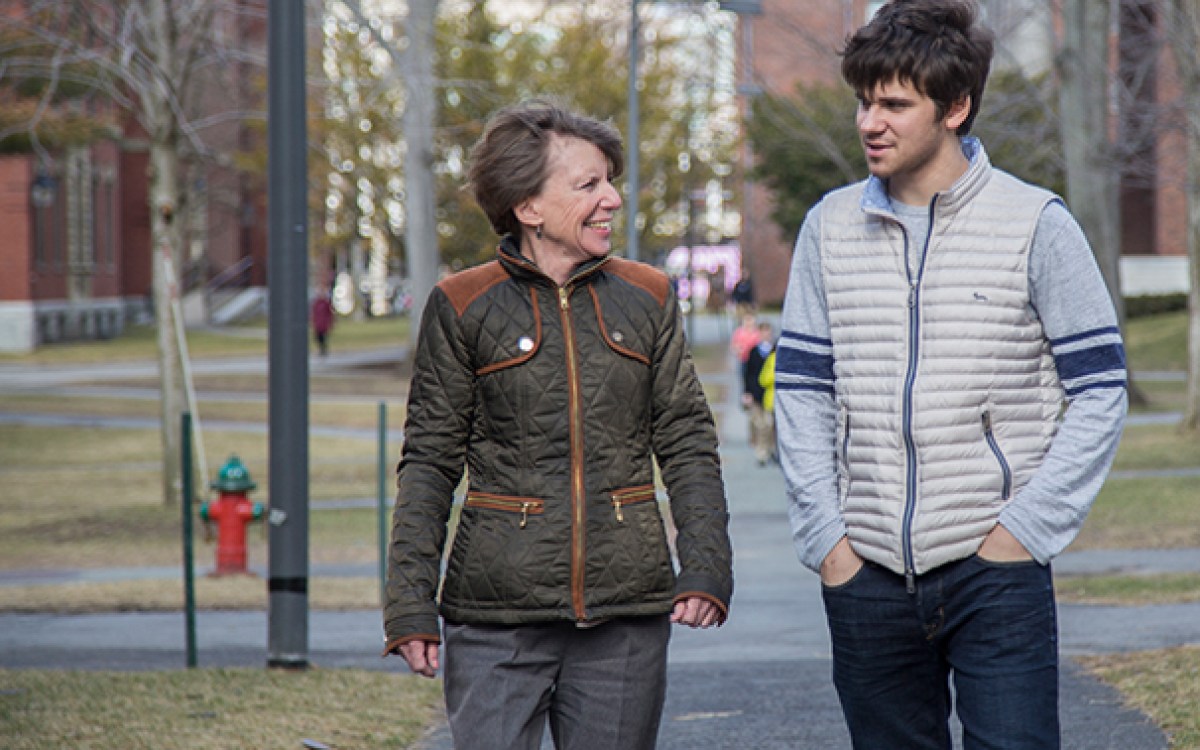Harvard College junior follows humanities
Despite concerns, learns lessons that only a passion can produce
As I prepared for my fall journey back to Cambridge, I was confronted with a new reality — life as an upperclassman. When I opened the door to my spacious suite for the first time, I was happy that I no longer had to live in a matchbox.
But along with the improved living conditions came the realization that I was halfway through Harvard College. While my first two years prepared me well for the workload, they did not prepare me for the self-reflection of a humanities concentrator, evaluating the potential for real-world employment.
Coming off a remarkable summer that included research for a brilliant, renowned history professor and part-time work for a venture capital firm, I felt balanced, confident, and excited to continue on my academic journey. I have always been secure in my selection of concentration, given my lifelong love of ancient history. But while I never second-guessed the pursuit of my intellectual passions, I became concerned that employers might view my focus with skepticism.
Although I filled out applications, submitted resumes, and attended information sessions, I could not help but wonder how employers might interpret my academic interests. One afternoon at lunch, I sat with friends in the dining hall and discussed impending interview notifications for internships. After hearing that friends with concentrations in economics, applied math, and STEM fields had received rejections, I expected the worst. Yet I wondered why corporations would not look for students striving to understand the past, which not only teaches one to think, but also how the world works.
I soon found out that I was getting ahead of myself. By the time I returned to my room that day, I was prepared for any outcome. I logged on to my computer and happily found invitations to some interviews, showing that what I feared might be a handicap may have actually been an asset.
Over the following week, I realized that each student has a unique journey reflective of his or her drives, interests, personality, and background. Rather than be concerned how recruiters or graduate school admissions committees might interpret a humanities concentration, I began to recognize its inherent value. After meeting interviewers with various degrees, from physics to history to economics, the message was universal: Corporations seek candidates with diverse academic backgrounds. More than once, I was asked what I learned from my concentration. My response was immediate — a humanities concentration teaches critical thought, applicable to any field. The utility of my concentration in ancient history (Greek and Roman) became abundantly clear, even with real-world employers.
The beginning of junior year has meant a lot more than a search for an internship; it has revealed the importance of living a balanced life. While I could spend countless hours actively pursuing a post-campus future, my life as a junior is here at Harvard. Perhaps the best advice for junior year was delivered on a postcard from my freshman year peer-advising fellow. He wrote, “Spend time with your thoughts.” This sage advice will continue to guide my undergraduate path as it hits its midpoint.
While I have already experienced so much in two years, I still cannot wait to see what more is to come.
Matthew DeShaw ’18 writes an occasional column about Harvard College experiences.





